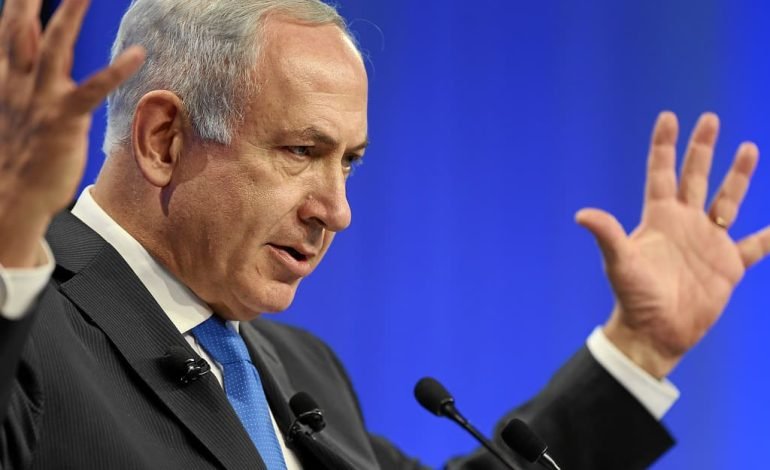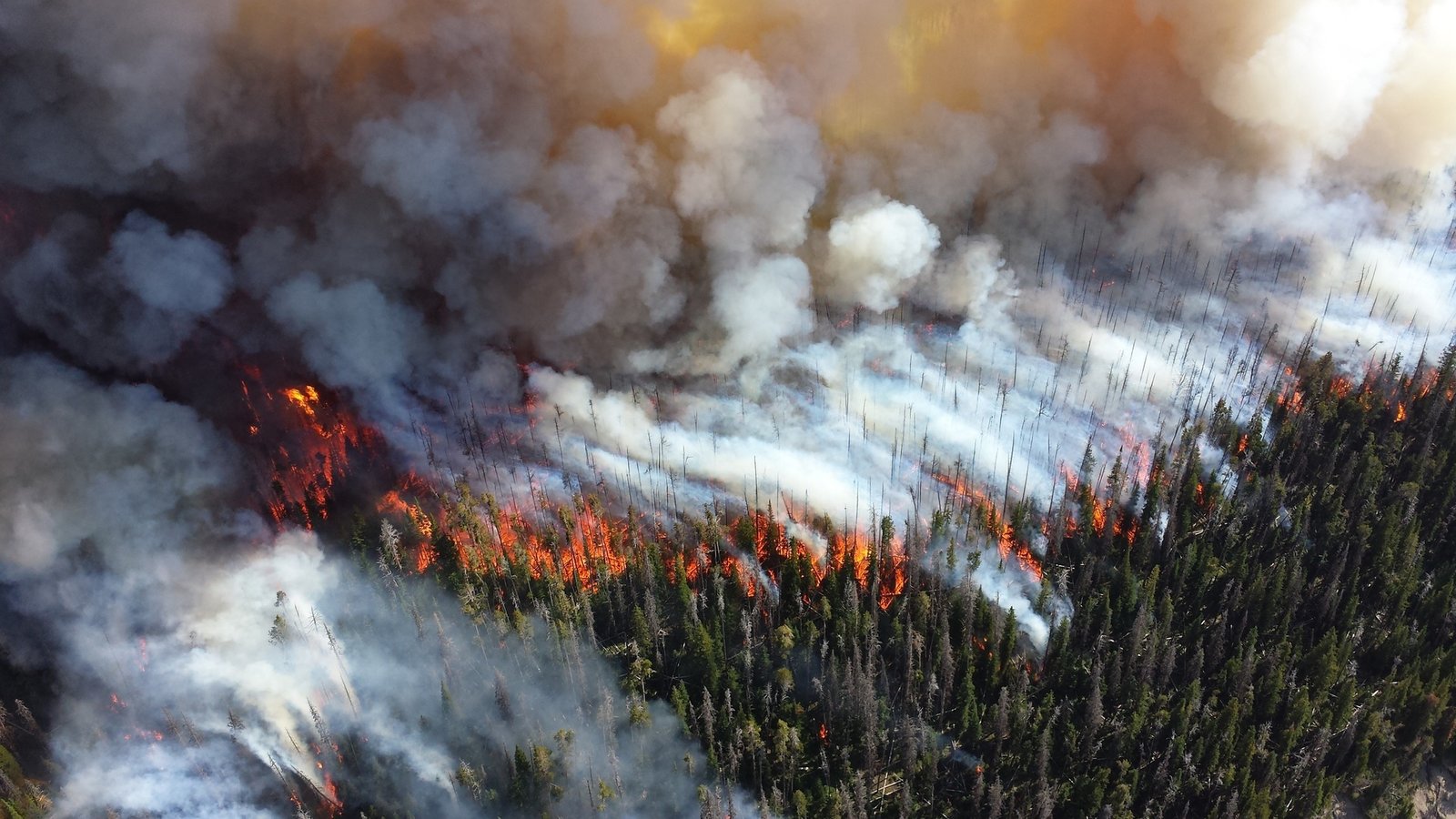Gaza occupation plan approved but Israel says it won’t govern the Strip long term

Israel’s proposal for a Gaza occupation plan is making ripples far beyond the region, and here in the UK, it’s prompted renewed scrutiny over the balance between security aims and diplomatic consequences. Prime Minister Benjamin Netanyahu has confirmed his government’s intention to take full military control of Gaza, at least temporarily, describing it as a move to dismantle Hamas’s grip on the area. In an interview this week, he clarified that Israel does not plan to govern the territory permanently, but rather to pass administrative control to what he referred to as “Arab forces” – though without detailing how that handover might work or which countries would be involved.
The Israeli military already claims to control roughly 75% of the territory, but the new offensive, approved by the country’s security cabinet, is expected to move deeper into Gaza City and the surrounding refugee camps, where more than a million Palestinians currently live. It’s also believed to be where many of the remaining hostages taken on 7 October 2023 are being held. Military Chief of Staff Lt Gen Eyal Zamir has reportedly warned the Prime Minister that a full occupation would “walk into a trap,” citing both military exhaustion and the real risk that further operations could lead to the death of hostages – either at the hands of their captors or through unintended consequences on the battlefield.
Hostage families have echoed that concern. Public pressure continues to build for a negotiated deal, and local media in Israel suggest that most of the surviving hostages could be killed if the offensive escalates. That assessment appears to have gained ground, particularly as opinion polls show growing public support for a ceasefire arrangement, despite official claims that Hamas remains unwilling to negotiate.
From a diplomatic angle, the proposed Gaza occupation plan is proving divisive. UK ambassador to Israel, Simon Walters, described full occupation as a “huge mistake” and voiced concern about its potential to isolate Israel internationally. This comes amid broader tension over possible UK recognition of Palestinian statehood, a move British officials say is about long-term peace, not a response to Hamas. At the same time, voices in Washington have taken a different line. Mike Huckabee, the US envoy and a long-time supporter of Israel, told CBS News that any decision about occupying Gaza was for Israel alone to make.
For now, the post-war future remains unclear. Netanyahu has ruled out the Palestinian Authority as a governing option, despite its international recognition and ongoing role in the West Bank. That leaves questions over who would step in to manage civilian life in Gaza, where health infrastructure, food systems and emergency services have all been badly damaged. The United Nations Office for the Coordination of Humanitarian Affairs (OCHA) continues to warn about deepening humanitarian risks, especially if displacement grows further.
Under international law, occupying forces bear responsibility for the welfare of civilians, a standard set out in the Geneva Conventions, which prohibit the forced transfer of populations and the denial of basic services. These concerns have only intensified following public remarks by Israeli ministers Itamar Ben Gvir and Bezalel Smotrich, who have both called for the expulsion of Palestinians from Gaza and the resettlement of the area by Israelis, a position strongly condemned by multiple governments.
The war, now nearing its two-year mark, began with Hamas’s October 2023 attacks, which killed around 1,200 people in Israel and saw 251 others taken hostage. According to Gaza’s health authorities, more than 61,000 Palestinians have since been killed. While the figures remain under debate due to limitations on independent verification, the scale of loss and trauma is not in dispute.
What’s happening in Gaza continues to echo loudly in international debates, not least because the longer the conflict stretches on, the harder it becomes to untangle military necessity from political endurance. Netanyahu’s critics at home believe his survival as Prime Minister now depends on holding together a fragile coalition, which includes ultra-nationalist factions unwilling to back any deal with Hamas.
For those watching from the UK, the implications are not abstract. Britain is one of the largest donors to UN agencies operating in the region, and the direction of its foreign policy remains closely tied to decisions made in Gaza, Tel Aviv, and Washington.
For further updates and insights into international developments, visit EyeOnLondon. We’d love to hear your views in the comments.
Follow us on:
Subscribe to our YouTube channel for the latest videos and updates!
We value your thoughts! Share your feedback and help us make EyeOnLondon even better!









